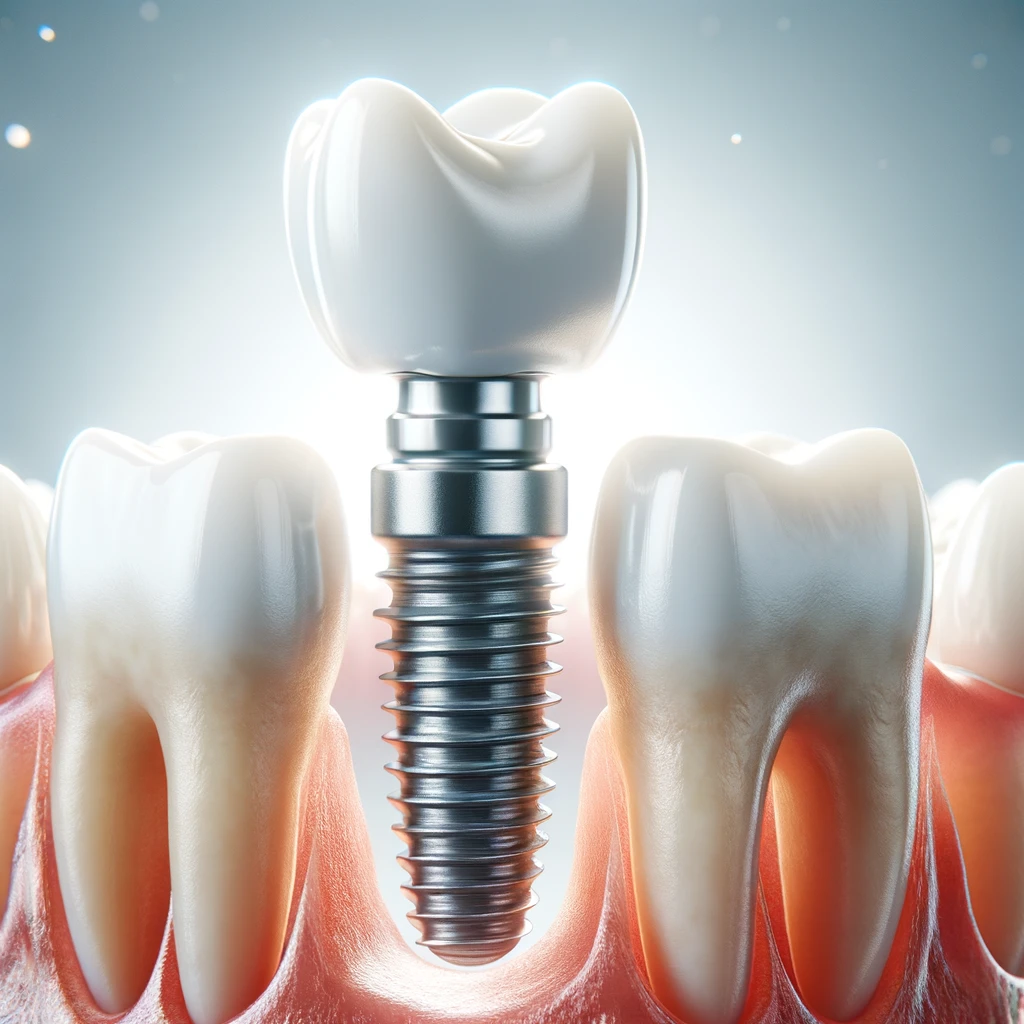Benefits of Dental Implants
Dental implants offer multiple advantages over other tooth replacement options. They can improve overall oral health by preventing bone loss and preserving the structure of the jawbone. Unlike dentures, implants do not slip or move, which enhances comfort and function. Additionally, implants look and feel like natural teeth, contributing to a more confident smile
The Dental Implant Procedure
The process of getting dental implants typically involves several steps. The first stage is the placement of the implant into the jawbone, which requires minor surgery. After the implant is inserted, a healing period is necessary for the bone to fuse with the implant. Once healed, an abutment is attached to hold the replacement tooth. Finally, a custom-made crown or prosthetic is placed on the abutment, completing the restoration.
Are You a Candidate for Dental Implants?
Most people with missing teeth are potential candidates for dental implants. However, adequate bone density and healthy gums are critical for the success of the implants. A thorough dental examination, including X-rays and possibly a CT scan, will help determine if dental implants are the right choice for you. Some people may require additional procedures, such as bone grafting, before getting implants.
Cost and Insurance Considerations
The cost of dental implants can vary depending on several factors, including the number of implants needed and the complexity of the procedure. While implants may have a higher upfront cost compared to other tooth replacement options, their durability and longevity make them a cost-effective choice in the long run. It’s essential to check with your dental insurance provider to see if they cover any part of the implant procedure.
Final Thoughts
Dental implants have revolutionized the field of restorative dentistry by offering a reliable and permanent solution to tooth loss. They not only improve appearance and function but also support oral health in the long term. Consult your dentist to learn more about dental implants and determine if they are the right option for your needs.

